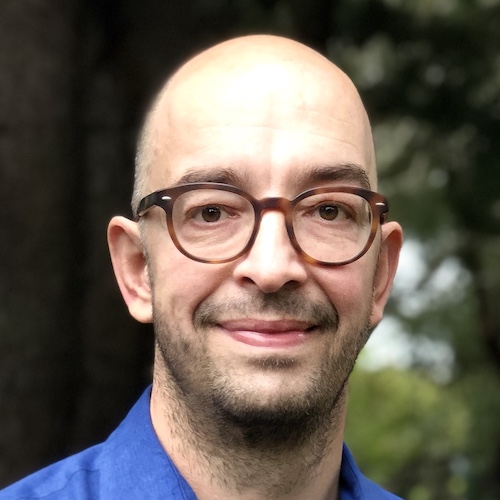July 21, 2022 – Augnition Labs today announces the inclusion of their Cognitive Test Suite, Augmem™ as part of the University of Arizona Precision Aging Network’s Mindcrowd 2.0.
Funded through a $60M five-year grant from the National Institutes of Health, the Precision Aging Network (PAN) applies principles of precision medicine to diseases of the aging brain and neurological system. Project Lead, Professor at the University of Arizona, Carol Barnes notes, “We all need a prescription that fits us individually if we are to optimize our cognitive health.”
Dementia affects over 55 million people globally with patient numbers predicted to double every 20 years. By understanding “What is a normative aging brain?” Barnes hopes to better understand dementia, and support the development of effective therapies for treatment and prevention.
The network will recruit 350,000 adult participants from across its different sites and collect demographic, lifestyle and health information, as well as cognition data. Augmem’s three digital tests are being included to provide highly precise testing of memory performance through brain-game style tasks. Their incorporation will help further PAN’s understanding of the impact of age on different parts of the brain, particularly the hippocampus.
Following Mindcrowd 2.0’s digital data gathering phase, a subset of participants will be invited to take part in in-person studies at one of four sites: University of Arizona in Tucson, Emory University in Atlanta, Johns Hopkins University in Baltimore and the University of Miami in Coral Gables, Florida. This will allow access to biomarker data to further validate the Augmem platform.

